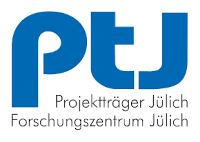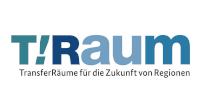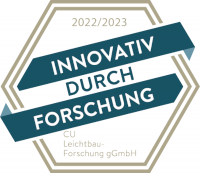Circularly compatible lightweight engineering technologies are a key to sustainable business and the industrial future. The Institute of Lightweight Engineering and Polymer Technology (ILK) at TU Dresden already committed itself to environmentally friendly and globally fair product and process design in 2010. Today’s opening of the National Lightweighting Validation Center – LEIV marks an essential step towards the rapid transfer of research results in this field into industrial practice, from which small and medium-sized enterprises (SMEs) in particular will benefit.
The symbolic button for the opening was pressed by Michael Kellner, State Secretary of the Federal Ministry of Economics and Climate Protection (BMWK), Dr. Robert Franke, Head of the Office for Economic Development of the City of Dresden and Prof. Ursula M. Staudinger, Rector of the TU Dresden, Prof. Niels Modler, Member of the Board of the ILK, and Prof. Maik Gude, Spokesman of the Board of the ILK. Professor Gude spoke of a milestone for European lightweight design research that the BMWK helped make possible in Dresden. “Our efforts to take a sustainable approach to the development and manufacture of largely resource-neutral high-tech products are coming to life here at LEIV. Our vision of neutral lightweight engineering is thus coming within reach.” In a digitally transmitted greeting, Michael Kretschmer, Minister President of the Free State of Saxony, praised the new Lightweighting Validation Center as the right way to bring research and practice together.

One of the LEIV’s first milestones by 2030 is to actually reduce resource consumption in the manufacture of high-tech lightweight structures by 80 percent. The LEIV has the best prerequisites for achieving this: On the one hand, the center is organized as an open and independent lightweight design research platform on which it cooperates with SMEs on an equal footing. On the other hand, the institute can already point to more than 1,000 successful cooperation projects with industry, a small sample of which was on display at the accompanying exhibition yesterday. Dresden’s lightweight engineering research is thus making a measurable contribution to the necessary transformation toward an environmentally friendly circular economy.
The approximately 1,500 square meter test area in the LEIV was renovated by IMMOPACT at the Universelle Werke site in Dresden in a record time of just 14 months for around 7 million euros. The start-up financing for initializing the LEIV in the newly created rental space as well as initial flanking research work came from the Technology Transfer Program for Lightweight Design (TTP LB) of the German Federal Ministry of Economics and Climate Protection (BMWK). The majority of the plant technology already installed at the beginning, worth around 12 million euros, was acquired over ten years at the National Research and Technology Center for Resource-efficient Lightweight Structures (FOREL). Previously funded primarily by the German Federal Ministry of Education and Research (BMBF), the FOREL cluster is now one of the most successful European lightweight design platforms, with currently more than 120 active partners.


For further information, please visit the website of the Institute of Lightweight Engineering and Polymer Technology (ILK) at the TU Dresden.





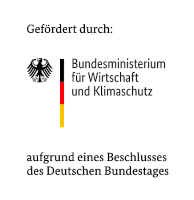
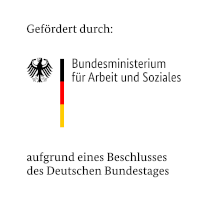
![BMBF_CMYK_Gef_M [Konvertiert]](https://composites-united.com/wp-content/uploads/2022/03/BMBF_gefoerdert_en_rgb.jpg)
